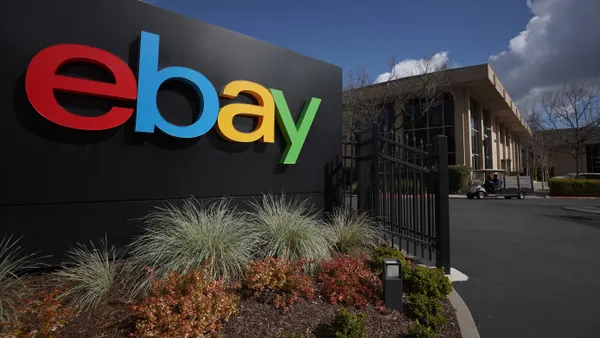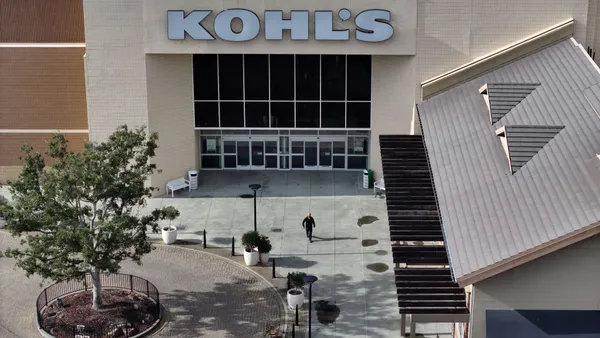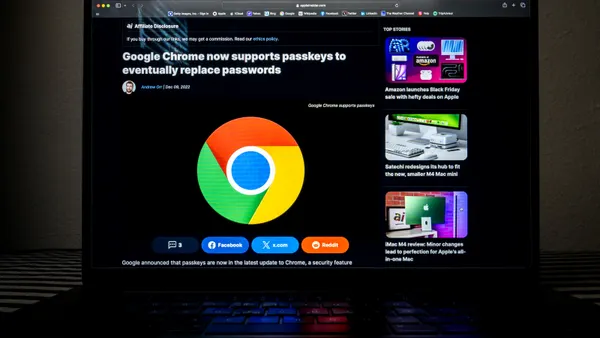Dive Brief:
-
Hollar, developer of a dollar store-like mobile app, has added $30 million in Series B funding from several sources, including new investors Kleiner Perkins, Caufield & Byers, Comcast Ventures and Greycroft Partners, as existing investors Lightspeed Venture Partners, Index Ventures, Forerunner Ventures, and Pritzker Group.
-
Hollar, available online and as an iOS or Android app, features 10,000 live SKUs for a variety of products, including a number of home and kitchen items, electronics and accessories, most priced between $2 and $5, although the startup is planning to offer merchandise up to the $10 range. Hollar also will start offering about 300 different private-label items.
-
Hollar now has raised $47.5 million from three funding rounds. The company says it has more than 1 million registered users, although TechCrunch reports that according to app intelligence firm Sensor Tower, Hollar's iOS app has only 192,000 downloads to date.
Dive Insight:
While brick-and-mortar dollar stores such as Dollar General and Dollar Tree are facing financial pressures, Hollar is managing to make the model pay off online and in-app. Its average basket size is around $30 and includes roughly 10 items. Part of Hollar's secret to encouraging such volume is requiring a $10 minimum order for shipping. The math so far has added up to about $1 million in sales in under six months.
Hollar plans on using its additional financing to continue to expand its app. The company seems to have a lot of plans in the works that broaden its platform from being just a dollar store in the form of a mobile shopping app. As Hollar comes to include more products in the $10 range, there might be a lot of room to build upward and outward while still living beyond the long shadows cast by an e-commerce giant like Amazon.
Among other goals, Hollar is simultaneously creating private-label offerings and preparing to launch a third-party marketplace in the mold of similar operations from eBay, Alibaba abd Amazon, though still focused on its core niche of low-cost products. One thing it doesn't plan to do: Sell groceries.
All these plans might be for naught of Hollar wasn't resonating with some specific market segments. Much has been made of Hollar's strong appeal among thrifty millennials, in particular millennial moms. It's a bit like Jet in that regard, and as it continues to grow, it might make a nice acquisition target for another, larger e-commerce company looking to hook into the segments in which Hollar is strong. That's essentially what happened with Wal-Mart buying Jet. Hollar is still small, but it's certainly is worth paying close attention as it starts putting this new funding to work.











